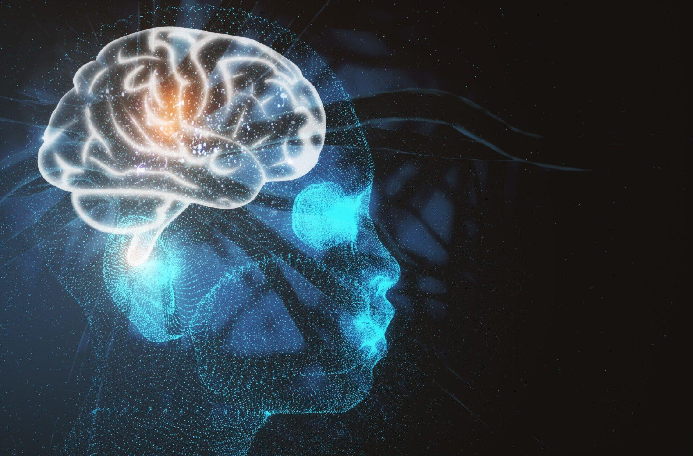Are you experiencing brain fog after eating? You’re not alone.
Brain fog is a common symptom that many people experience after meals, and it can make you feel like your brain isn’t functioning at its best. But don’t worry, there are ways to combat this annoying feeling and regain control of your mental clarity.
In this guide, we will share our curated nutrition tips that have been specifically tailored to combat brain fog after eating. So, if you’re tired of feeling like your brain is in a haze and want to take control of your mental clarity, keep reading!
Balanced Meals for a Clear Mind
When we consume too many processed or sugary foods, our blood sugar levels spike and crash. This can lead to feelings of fatigue and mental fogginess. To combat this, it’s important to focus on consuming balanced meals that include:
- protein
- healthy fats
- complex carbohydrates
- plenty of fruits and vegetables
This will help stabilize your blood sugar levels and keep your brain functioning at its best. Moreover, including healthy fats like avocados, nuts, and fatty fish in your meals can provide essential nutrients for brain health.
Complex Carbohydrates for Sustained Energy
Complex carbohydrates, found in foods like whole grains, legumes, and vegetables, are an important source of sustained energy for our brains. They provide a steady stream of glucose to the brain, which is essential for cognitive function and concentration.
On the other hand, simple carbohydrates found in processed foods can lead to quick bursts of energy followed by crashes, leaving you feeling sluggish and foggy.
Hydration is Key
One of the brain fog causes is dehydration. So it’s important to stay hydrated throughout the day. Aim for at least eight glasses of water a day, and try to limit your intake of caffeine and alcohol, which can dehydrate the body. If you struggle to drink enough water, try infusing it with fruits or herbs for a refreshing and flavorful alternative.
Antioxidant-Rich Foods for Brain Health
Antioxidants are compounds that help protect our brain cells from damage caused by free radicals. Including antioxidant-rich foods like berries, dark leafy greens, and colorful vegetables in your meals can help support brain health and combat brain fog. You can also incorporate antioxidant-rich spices like turmeric and cinnamon into your cooking for added benefits.
Consider Supplements
Certain supplements can also help with brain fog treatment. These include B vitamins, magnesium, and omega-3 fatty acids in supplement form. There are brain vitamins for studying that have been specifically designed to support cognitive function and clarity.
Be sure to consult with your doctor and go for a brain fog test before adding any supplements to your routine, as they may interact with certain medications or have potential side effects.
Learn to Combat Brain Fog After Eating
Experiencing brain fog after eating is a common issue that can be frustrating and impact our daily lives. However, by following these curated nutrition tips, you can combat brain fog and regain control of your mental clarity.
Remember to focus on balanced meals, incorporate healthy fats and complex carbohydrates, stay hydrated, and include antioxidant-rich foods in your diet. With the addition of supplements and consulting with your doctor, you can take control of brain fog and feel your best after every meal.
If you want to read more articles, browse our main blog page.















